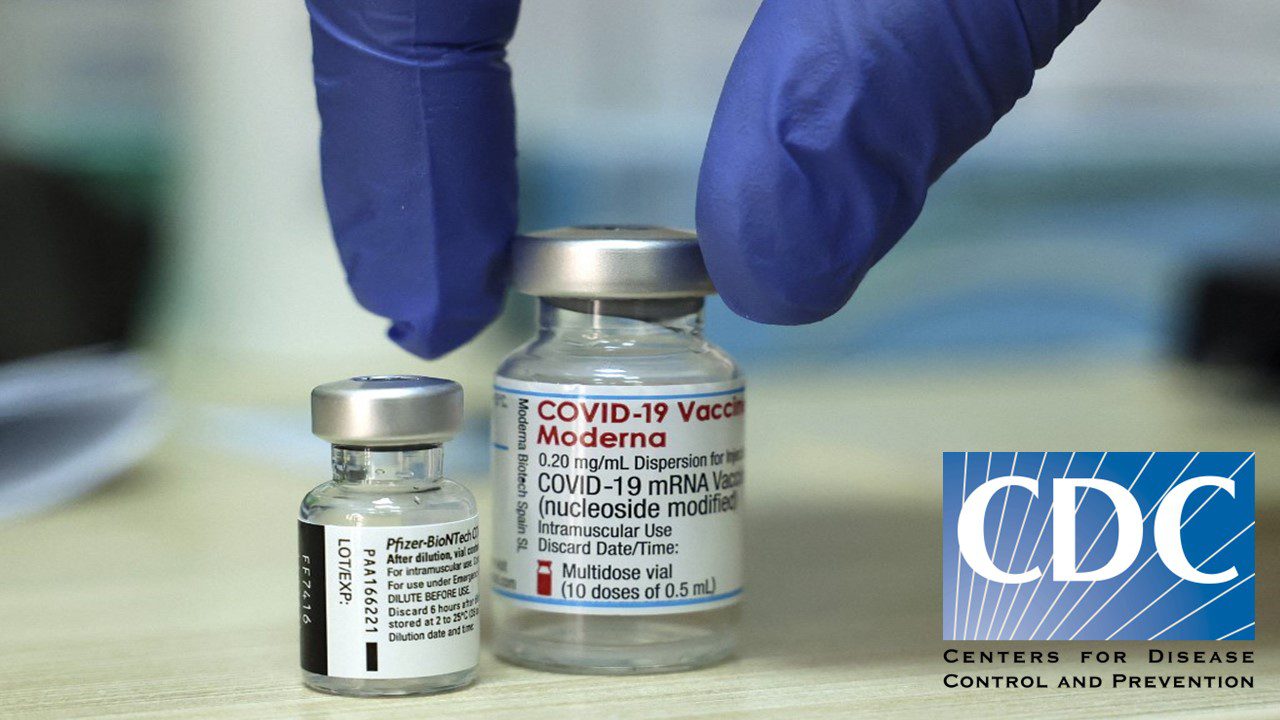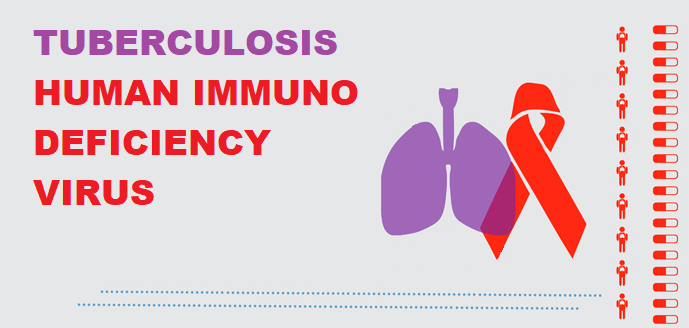With the world still reeling from the COVID-19 pandemic, remaining prepared for the emergence of novel diseases is a trending topic that ought to be growing in importance for governments across the world. The key element of readiness for future pandemics is an awareness of what we did wrong for this, and other pandemics. HIV/AIDS and COVID-19 are both pandemics that are currently raging across the world. These, and other seasonal influenza pandemic outbreaks, illuminate many of the fields where we need to improve – both in preventing, but also in how we react, to new diseases.
Disinformation and Paranoia
The first pattern that is observed with the emergence of a novel disease, is the lack of understanding surrounding not only the pathogen in question, but also the people it affects. Without sufficient public awareness in epidemiology and the workings of disease, disinformation flourishes and paranoia seeks to fill the gap of knowledge regarding new diseases. We saw this in the 1980s with the emergence of the global HIV/AIDS pandemic, which was first named Gay-Related Immune Deficiency (GRID). The CDC at the time also labeled the high-risk groups the “Four Hs”: homosexuals, hemophiliacs, heroin users and Haitians. This heaped additional prejudice on already marginalized groups. Unfortunately, it also provided a misguided sense of safety from the virus for anyone who did not belong to them – so much so that the central theme of 1990s HIV awareness campaigns was to raise awareness on how the virus did not discriminate.
We have seen similar patterns emerge with COVID-19. With hysteria raging as the new virus made its way across the globe, many called it the Wuhan virus. Reports even showed harassment faced by Asian Americans blamed for the disease. Beyond that, widespread research also documents the higher risks and poorer outcomes that African Americans face from the disease. The reasons for these are multifaceted, although poorer living conditions that prevent access to regular care or healthier lifestyles often lead to chronic diseases that are significant comorbidities for COVID-19. Despite this, many controversial statements abounded from government authorities – which often sent the wrong messaging, shifting the blame back to Black Americans.
Exemplary to this was U.S. Surgeon General Jerome Adams’ statement imploring Americans of color to “step up and help stop the spread”, as if the demographic’s higher vulnerability to the virus, fuelled as it was by chronic and systemic disadvantagement, could be solved by patronizing well-wishing. It is increasingly clear that, in preparing for pandemics, we need to do better to protect minority groups. Not merely for reasons of social justice or progress, but because failing to do so will further disenfranchise them from our health infrastructures, lower their trust in medicine, and allow disease to progress unchecked through entire swaths of the population.
Vaccine Hesitancy
And that is exactly what we see with vaccine hesitancy, with low trust in government being an excellent predictor of hesitancy. The sentiment is particularly exacerbated in historically disenfranchised communities – with Black Americans in particular still retaining memories of the medical mistreatment faced by Henrietta Lacks and those in Tuskegee who were left deliberately untreated for syphilis research.
Vaccine hesitancy is far from a new phenomenon, however. The first vaccine, created by Edward Jenner from cowpox to target smallpox, faced similar issues. Over two centuries of vaccination efforts have seen the same arguments propagated time and again. These include:
- Minimizing the impact of the disease – and therefore questioning the need for a vaccine
- Exacerbating adverse events caused by vaccination
- Appealing to paranoia and promulgating conspiracy theories
Yet we overcame these, and other arguments, when we eradicated smallpox. Although eradication is not a viable end-point for every pathogen, we must persevere in tackling these,and other concerns with honesty, transparency and trust generation. Trust is foundational in successful vaccination rollouts – even a sliver of doubt can have catastrophic consequences. We saw this with the misleading Lancet 1998 study linking MMR vaccination to autism, which has since been retracted from the journal for falsified results. Yet the damage inflicted on public confidence in vaccination rates for MMR has resulted in measles outbreaks in parts of the world that had long left the disease past them. The impact of misinformation and paranoia is amplified in a digital age that provides social media channels through which these can flourish – with YouTube watching also being a strong predictor for vaccine hesitancy. The tech industry, and the governments that often fail to regulate it properly, should be made responsible for providing balanced and verifiable news – particularly during pandemics. As we saw in early COVID-19 days, social media was instrumental in propagating myths and false treatments; these present added challenges in providing a concerted and unified pandemic response.
Global Inequity
A lasting problem seen in our responses to pandemics is global inequality in tackling disease. This remains true across a spectrum of disease. Poliomyelitis, eradicated from most of the world, remains endemic in the areas of Pakistan and Afghanistan, with Nigeria only declaring itself polio-free in 2016 – decades after most of the developed world. Similar patterns are seen with the AIDS pandemic, with over 10 million patients remaining untreated and undiagnosed in Sub-Saharan Africa. This is in contrast with North America and Western Europe, where a supermajority of cases are on antiviral treatment that successfully suppressed the virus. For instance, 87% of HIV positive individuals are virally suppressed in the UK – 98% of those diagnosed.
The same patterns are being experienced with the coronavirus pandemic. As developed countries progress towards offering third and fourth booster doses to a majority of their population, less than 10% of the entire African continent was fully vaccinated. This does not merely provide poorer outcomes for the developing world, but has global consequences. Allowing disease to progress unchecked in any part of the world offers a reservoir for pathogens to roam free. As they do so, they are able to evolve and generate new variants that may evade our current arsenal of treatments and prevention measures – nullifying all our efforts in the process.
The way society reacts to the emergence of a pandemic is crucial in its successful management. Sadly, a brief examination of numerous past pandemics and epidemics shows the same failings repeating themselves. A lack of education and mixed messaging on the part of governmental authorities and global health governance instruments can have disastrous impacts on how the public perceives the disease, allowing prejudice and paranoia to run free. A lack of willingness to cooperate on a global scale can also undo any domestic responses; pandemics are not limited to one region or segment of the population, and neither should our efforts. History offers many teachable moments from which to draw insights in how we deal with future disease outbreaks – which are unavoidable.
Nick Zoukas, Former Editor, PharmaFEATURES
Subscribe
to get our
LATEST NEWS
Related Posts

Infectious Diseases & Vaccinology
Rezzayo™’s Latest EU Approval for Invasive Candidiasis Breaks Ground in Antifungal Therapy
Rezafungin marks the initial addition to the treatment arsenal for patients grappling with invasive candidiasis in more than 15 years.

Infectious Diseases & Vaccinology
Unmasking the Shadow: CDC Battles the Latest Fungal Meningitis Outbreak in Matamoros, Mexico
CDC tackles fatal fungal meningitis outbreak linked to surgeries in Matamoros, Mexico.
Read More Articles
Synthetic Chemistry’s Potential in Deciphering Antimicrobial Peptides
The saga of antimicrobial peptides unfolds as a testament to scientific ingenuity and therapeutic resilience.












